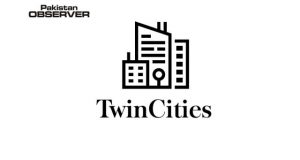Program Manager, the Society for the Protection of the Rights of the Child Mr. Khalil Ahmed Dogar has said that Pakistan is at a crossroads at the moment where sound decision-making is required.
The deficit faced by national exchequer requires immediate attention of the policymakers however it should be pro-people, he said adding that randomly increasing the prices of essential items is not going to help the country in longer run.
Mr. Khalid Ahmed Dogar was addressing a discussion to highlight Tobacco Taxation as A Potential Remedy to Pakistan’s Ailing Economy.
He said that the government should increase taxes on nonessential and hazardous items such as tobacco products as this will generate revenues and reduce health costs as well.
The SPARC’s program manager said that in theory the decision of imposing higher taxes on tobacco products should be straight forward. However mislead by the extensive campaigns by the tobacco industry, Pakistan’s policymakers haven’t taken any serious interest in this regard and tobacco products are being sold at lower rates compared to other countries in the region. Due to easy and cheap affordability, number of smokers has reached up to 29 million, alluring non-communicable diseases like cancer, diabetes, heart disease, stroke, and chronic lung diseases.
Mr. Shariq Mahmood Khan, CEO, Chromatic Trust highlighted that the use of tobacco causes annual an economic burden of 615 billion which is 1.6% of Pakistan’s GDP. This leads to significant negative externalities, including high healthcare costs and lost productivity due to tobacco-attributable diseases. On the other hand, the revenue generated from the tobacco industry is 120 billion in 2019 is approximately just 20 percent of smoking’s total cost.










